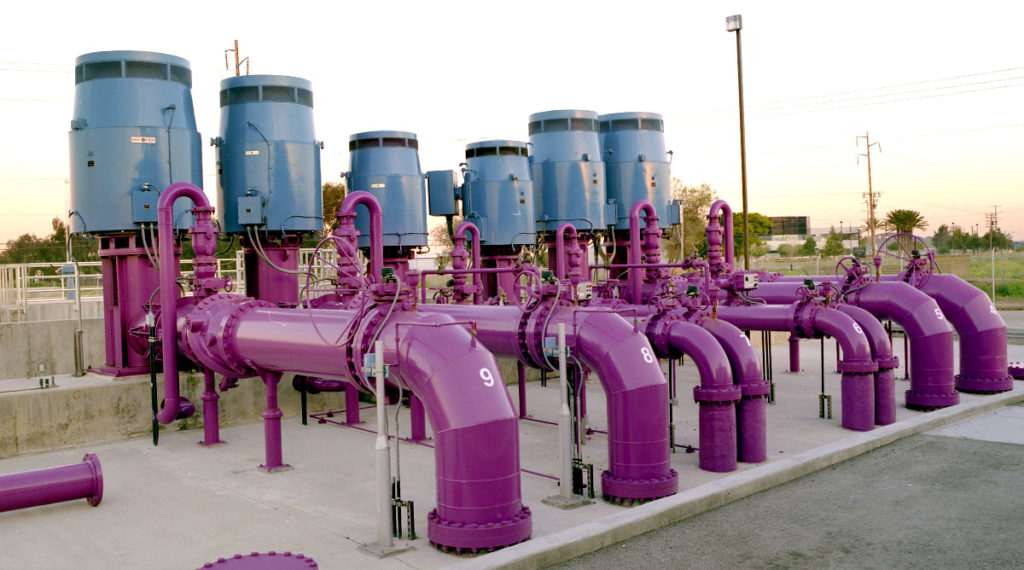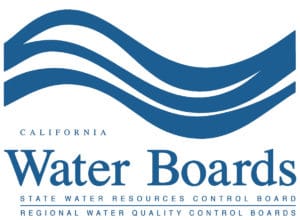Press release from the State Water Board. View CWEA’s round-up of coronavirus stories here.

 Wastewater treatment plants treat municipal wastewater to standards that protect the beneficial uses of the waters into which the treated wastewater is discharged. Some plants treat wastewater to more stringent standards so that the highly treated water can be reused for landscape irrigation, dust control at construction sites, and groundwater recharge for future use as a drinking water source. The level of treatment required depends on the beneficial uses of the receiving waters and ultimate use of the treated wastewater.
Wastewater treatment plants treat municipal wastewater to standards that protect the beneficial uses of the waters into which the treated wastewater is discharged. Some plants treat wastewater to more stringent standards so that the highly treated water can be reused for landscape irrigation, dust control at construction sites, and groundwater recharge for future use as a drinking water source. The level of treatment required depends on the beneficial uses of the receiving waters and ultimate use of the treated wastewater.Contact Your Municipal Sanitation or Water Recycling Agency
The State and Regional Water Quality Control Boards work closely with municipalities to provide sanitary sewer and wastewater treatment services to residential, commercial and industrial customers. Your local sanitation agency or water recycling agency can answer questions about your local wastewater or recycled water operations. Their website, phone number and email contacts should be located on the front or back of your water or sewer bill.
United States Environmental Protection Agency: “Standard treatment and disinfectant processes at wastewater treatment plants are expected to be effective.”
Federal Centers for Disease Control: “At this time, the risk of transmission of the virus that causes COVID-19 through sewerage systems is thought to be low. Although transmission of the virus that causes COVID-19 through sewage may be possible, there is no evidence to date that this has occurred. The available information suggests that standard municipal wastewater system chlorination practices may be sufficient to inactivate coronaviruses, as long as utilities monitor free available chlorine during treatment to ensure it has not been depleted.”
Water Environment Federation: “Current efforts to elucidate numbers of infections in the community and support public health surveillance have relied on detecting the virus in wastewater using molecular techniques that identify genetic material (RNA), but this method does not assess virus viability or infectivity. Further, there is currently no epidemiological evidence that wastewater is a route of transmission.”
World Health Organization: “There is no evidence that the COVID-19 virus has been transmitted via sewerage systems with or without wastewater treatment.”
For more information and frequent updates about what California is doing to respond to the emergency and prepare for the ongoing impacts of COVID-19, please visit the California Department of Public Health and Governor’s Office of Emergency Services website.
(This fact sheet was updated on April 21, 2020)